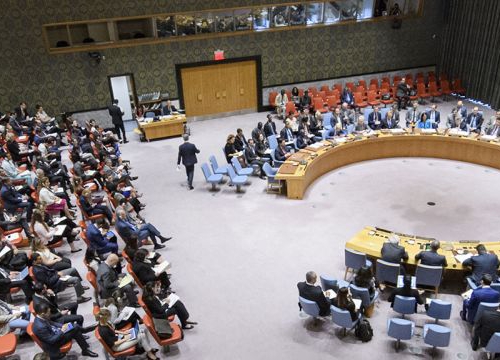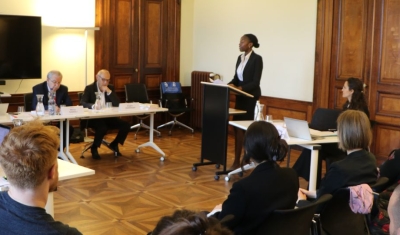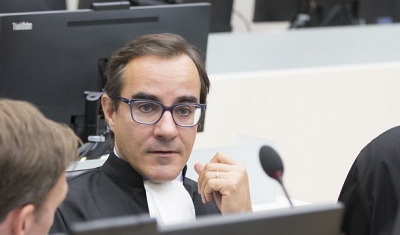Sanctions in Public International Law


UN Photo/Manuel Elias
Descriptive
What role do sanctions play in international law? What are the conditions for implementing sanctions against a state? Who decides? Are sanctions a useful tool for avoiding or stopping armed conflicts?
This short course provides an introduction to the regime of sanctions under international law and their effectiveness in addressing contemporary forms of conflict. It addresses the questions related to international state responsibility, the outlawing of forcible self-help, the peaceful settlement of international disputes and the role of the International Court of Justice.
Online
This is an online short course.
Schedule
Classes will take place online during lunchtime on:
- Wednesday, 15 January 2025, 12:00–14:00 (CET)
- Wednesday, 22 January 2025, 12:00–14:00 (CET)
- Wednesday, 29 January 2025, 12:00–14:00 (CET)
- Wednesday, 5 February 2025, 12:00–14:00 (CET)
- Wednesday, 12 February 2025, 12:00–14:00 (CET)
- Wednesday, 19 February 2025, 12:00–14:00 (CET)
Audience
This short course forms part of the Geneva Academy Executive Master in International Law in Armed Conflict. It is open to professionals – diplomats, lawyers, legal advisers, judges, NGO staff, human rights advocates, media specialists, professionals working in emergency situations, UN staff and staff from other international organizations – who are not enrolled in the Executive Master and who want to deepen their expertise in this specific issue.
Fee
The fee for this short course is 1,250 Swiss Francs. In case of cancellation by the participants, CHF 200 won't be returned.
Certificate
Participants obtain a certificate at the end of the course (no ECTS credits are gained).
How to Apply
Applications must be submitted via this online form.
Your application will need to include:
- A short motivation letter (no more than one page)
- Your curriculum vitae
- Proof of your competence in English (a certificate or statement highlighting your solid background in English)
- Once admitted to the course, participants receive instructions on how to pay. Proof of payment is required before you begin the course.








